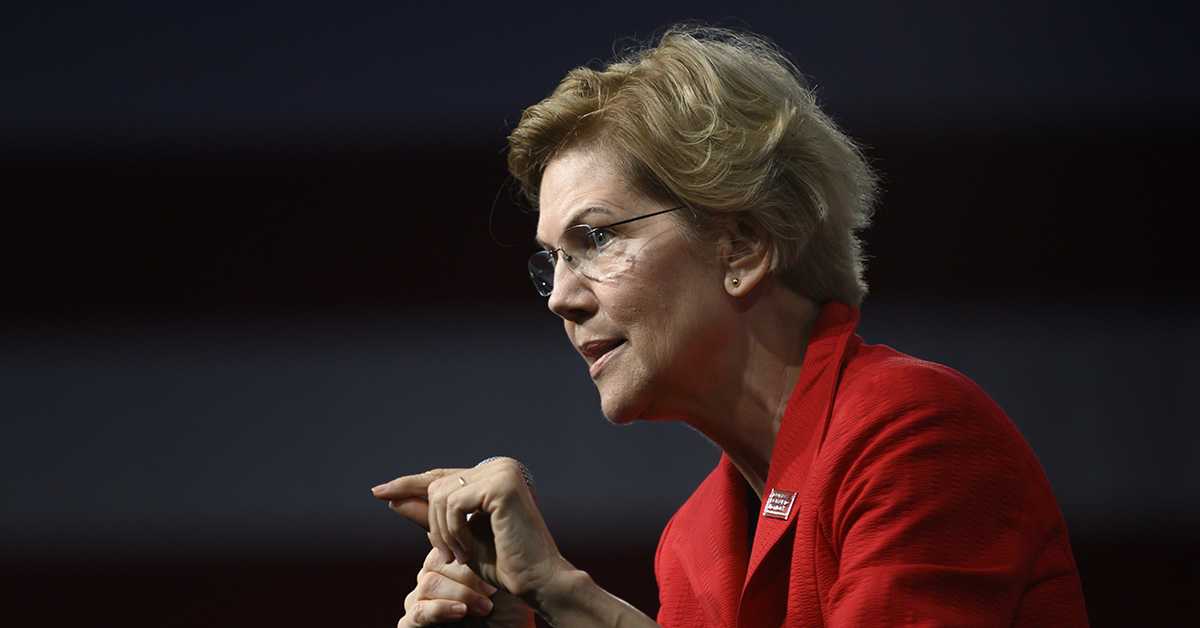People
The Political Career of Elizabeth Warren: A Detailed Analysis

Table of Contents
- Introduction
- Early Life and Education
- Career
- Key Policy Positions
- Criticism and Controversies
- Conclusion
- Frequently Asked Questions
Introduction
Elizabeth Warren, born on June 22, 1949, is an American politician, scholar, and former law professor who has made a significant impact in the field of politics. With her strong emphasis on economic equality and consumer protection, Warren has emerged as a prominent progressive voice in American politics. In this article, we take an in-depth look at her life, career, key policy positions, and the controversies surrounding her.
Early Life and Education
Elizabeth Warren grew up in a middle-class family in Oklahoma City. Her father worked as a janitor, and her mother was a minimum-wage earner. Despite the financial challenges, Warren’s parents put a premium on education, instilling a love for learning in their children.
Warren went on to graduate from the University of Houston with a bachelor’s degree in speech pathology and audiology. She then pursued a law degree from Rutgers Law School. During her academic journey, Warren displayed exceptional talent and dedication, earning scholarships and accolades.
Career
Following her graduation from law school, Elizabeth Warren began teaching law at Rutgers University. Her passion for teaching led her to become a well-respected professor of law at various institutions, including the University of Texas and the University of Pennsylvania.
Warren’s expertise in bankruptcy law caught the attention of Congress, leading to her appointment as the chair of the Congressional Oversight Panel for the Troubled Asset Relief Program (TARP). She played a crucial role in overseeing the implementation of TARP and worked relentlessly to ensure fairness and accountability.
Recognizing her knowledge and dedication, President Barack Obama appointed Warren as the special advisor to the Secretary of the Treasury in charge of creating a new consumer protection agency – the Consumer Financial Protection Bureau (CFPB). Despite facing significant opposition, Warren remained steadfast in her commitment to safeguarding consumers’ interests.
Warren’s political career came into full swing when she ran for the United States Senate in Massachusetts in 2012. Her campaign focused on issues pertaining to income inequality, the middle class, and financial regulation. She won the election, becoming the first female senator from Massachusetts.
Key Policy Positions
Elizabeth Warren has been vocal in advocating for policies that address economic inequality, enhance consumer protection, and promote social justice. Some of her key policy positions include:
| Policy Position | Description |
|---|---|
| Medicare for All | Warren supports a single-payer healthcare system that provides universal healthcare coverage. |
| Student Debt Relief | She proposes eliminating or reducing student loan debt for millions of Americans to alleviate the burden on students and graduates. |
| Wealth Tax | Warren advocates for implementing a wealth tax on the ultra-rich to generate revenue for funding social programs and reducing income inequality. |
| Climate Change | She emphasizes the need for bold action to combat climate change, supporting a transition to clean energy and investments in renewable technologies. |
Criticism and Controversies
Elizabeth Warren’s political career has not been without controversy and criticism. Some of the key criticisms leveled against her include:
- Native American Heritage Controversy: Warren faced backlash for identifying herself as Native American without sufficient evidence, leading to questions about her integrity and cultural appropriation.
- Electability Concerns: Some critics assert that Warren’s progressive policy positions may make it challenging for her to secure broad support and win a general election.
- Wealth Tax Feasibility: Critics argue that Warren’s proposed wealth tax may have unintended consequences, such as capital flight and reduced economic growth.
Conclusion
Elizabeth Warren has carved a notable niche for herself in American politics. Her relentless advocacy for economic equality, consumer protection, and social justice has made her a force to be reckoned with. As a senator and former law professor, she has left an indelible mark on the political landscape, championing policies that aim to bridge societal gaps. Despite facing criticism and controversy, Warren has remained committed to her principles and continues to shape the future of progressive politics in the United States.
Frequently Asked Questions
1. What political party does Elizabeth Warren belong to?
Elizabeth Warren is a member of the Democratic Party.
2. Has Elizabeth Warren ever held public office?
Yes, she is currently serving as a United States Senator from Massachusetts.
3. What are some of Elizabeth Warren’s key legislative achievements?
Some of her key legislative achievements include the creation of the Consumer Financial Protection Bureau (CFPB) and the passing of legislation related to banking regulations and consumer protection.
4. Has Elizabeth Warren run for President of the United States?
Yes, Elizabeth Warren ran for the Democratic nomination for President in the 2020 primary elections.
5. How has Elizabeth Warren’s Native American heritage controversy affected her political career?
The Native American heritage controversy has resulted in criticism and questions about Warren’s credibility, but whether it has had a significant impact on her overall political career is subject to debate.












